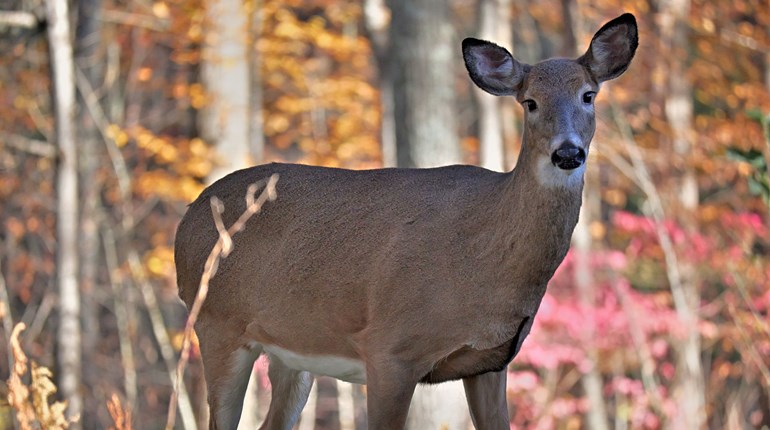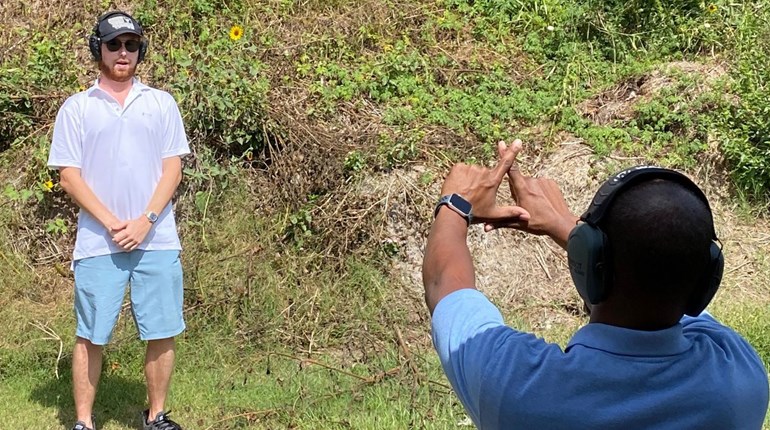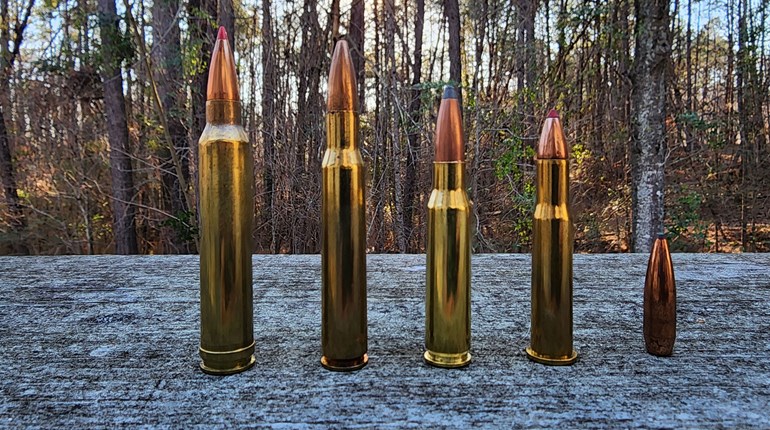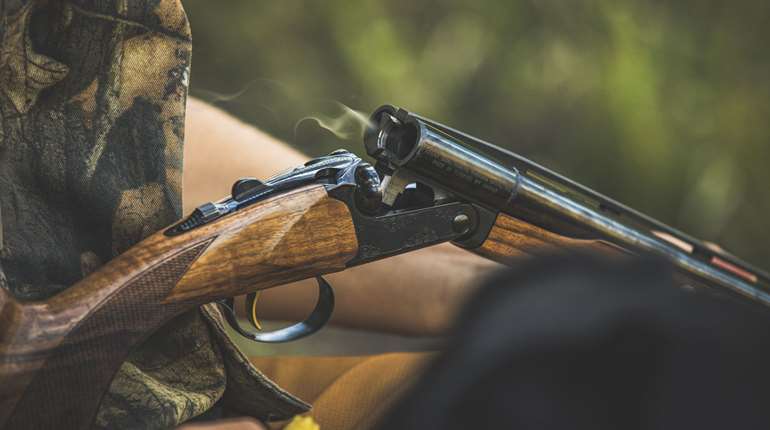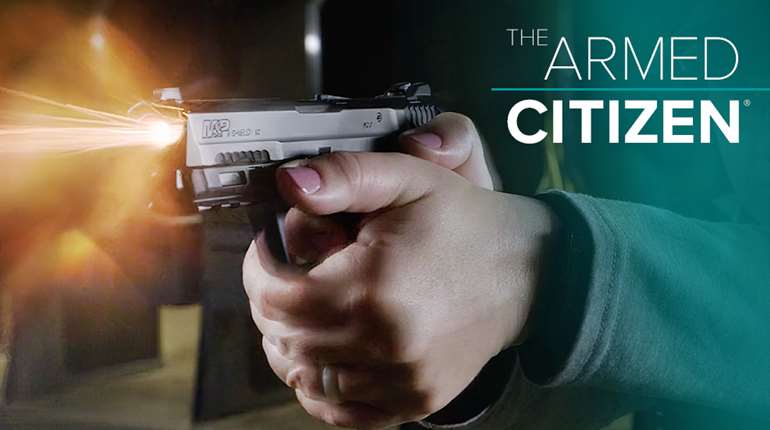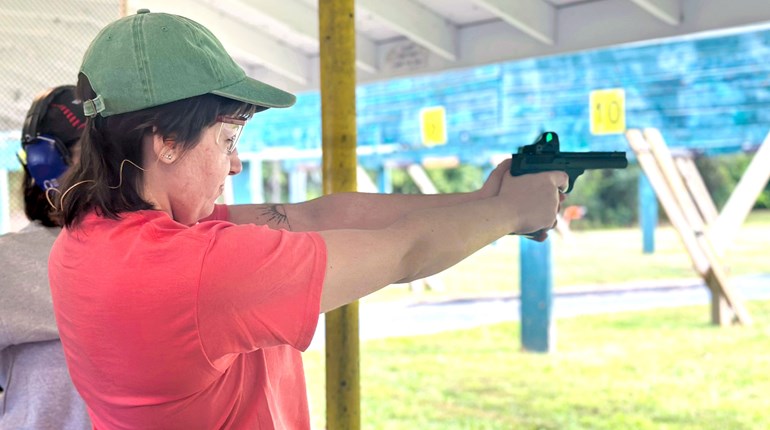
Whether you’re trying to boost your skeet score, cut down your draw-and-fire-three time, shave a few points off your golf game, up your free-throw percentage or improve pretty much anything else, you get there not by merely doing, but by dedicated training. Just shooting round after round of skeet will only get you so far. To really become good at something, you must train specific aspects that add up to improve the whole picture. And a major part of training that many athletes and shooters overlook is goal setting. Without goals, you’ll have a harder time recognizing your improvements and shaping your path forward.
But just setting goals isn’t enough. To be effective, goals have to be SMART: Specific, Measurable, Achievable, Relevant and Time-Bound. What does that mean for your shooting?
Specific Goals
Be sure to select a goal that’s specific. “I want to be a better shooter” is much too broad. “I want to be a better handgun shooter” is still too broad. “I want to be a faster handgun shooter” is getting there, but it’s still wide open. Narrow it down. “I want to be able to draw my handgun from a holster and get a round on target in two seconds” is much better.
Specific goals cover the big W’s:
- What—exactly—is the goal?
- Who is responsible for the goal? Since this isn’t a business or team project, the responsible party is you.
- Why do I want to achieve this? Set a specific reason why this goal matters to you. In the case of concealed carry, you want to be able to better protect yourself or your family. If you’re trying to improve your accuracy with a hunting rifle, your “why” might be to make the cleanest, most ethical harvests possible. You can think of this “why” as your mission statement or your ultimate goal.
When setting specific goals, avoid words that indicate a general direction: improve, increase, decrease, etc. Of course you want to decrease your time or increase your score. But by how much, and in what timeframe, and to what end? We’ll dig deeper into that in the following sections.
Measurable Goals
You’ve probably heard the business axiom that “you can’t manage what you can’t measure,” and goal-setting is the same. If you can’t measure your goal, you won’t know if you’re making progress and you won’t be able to tweak your plan as you go. “I feel like I’m getting better” isn’t a measurement.
Some goals have the measurement built in, like getting off that first shot in under two seconds or breaking 20x25 in a round of skeet (although that goal might be too broad). But every goal needs a way to track your progress, whether it’s measuring the size of your groups, timing yourself, or actually counting. For example, if you’re working to improve your skeet scores, you might set a process-oriented goal like “I’m going to run my full pre-shot routine on every single station this round.” Counting how many times you did so (or failed to do so) is your measurement.
Achievable Goals
You’ll be happier and more productive if you set micro-goals that build up to an ultimate goal. “I want to shoot a perfect round of skeet” is specific and measurable, but if you’re currently averaging 15x25, it’s not an achievable goal right now. You’d be better off to set a goal to, say, be able to break 17x25, and then step that up to consistently break 17x25 on three out of four rounds, and step up incrementally from there.
Goals should be motivating, not discouraging. Setting up a goal that you have no way to practically reach (at least not anytime soon) leads to failure—and while failure isn’t a bad thing, as it’s how we learn, too much of it without any wins will only lead you to burnout.
Make sure your goals are something you have a good chance to achieve in a reasonable timeframe (more on that next) and, in the case of shooting, something that’s physically possible in the first place. “I want to shoot a half-MOA five-shot group at 200 yards” is a fine goal for a rifle hunter, but not if the gun you’re using isn’t capable of that kind of accuracy.
Relevant Goals
Your goals must make sense in the context of your ultimate goals and in the scope of your life. The relevance section is where you really dig into the “why” you first thought about in the specifics section. Whatever your goal is, it must matter to you, and it has to line up with your priorities. This is the big-picture stuff.
Goals should feed into your ultimate mission. For example, if you’d really like to become a more accurate handgun or rifle shooter, then speed-based goals might not be relevant to you right now. If you do a lot of bird hunting and you’d like to ultimately improve your hit percentage on live birds, shooting a perfect round of skeet with a pre-mounted gun might be not all that relevant to you—since you don’t pre-mount the gun when you’re hunting.
It’s OK to work on more than one thing at a time, like accuracy and speed, but be sure all your goals are working toward the same ultimate end. Think about the direction you’d like to keep moving in, and make sure your micro-goals are taking you there.
Time-Bound Goals
A popular personal finance coach I used to watch is famous for saying, “A goal without a deadline is just a wish.” If your goal doesn’t have an end date—a realistic one that you have a reasonable chance of hitting—you’re less likely to succeed. Set a specific deadline for yourself. For example, if you’re a spot-and-stalk hunter who wants to be able to get on target on a deer faster, “I want to be able to get an accurate rifle shot off at 200 yards in less than 30 seconds, starting from standing and transitioning to sitting using sticks, before opening day” is a specific, measurable, relevant and time-bound goal (whether or not it hits the “achievable” mark depends on your current skill level). Something like “I want to shoot a perfect round of trap someday” is literally just a dream. It’s specific(ish), measurable, and probably achievable and relevant, but if there’s no time limit, there’s nothing to motivate you to work on it—no time constraint creating a sense of urgency.
Building in a time parameter—you can even break it up into time-sensitive steps along the way if needed—helps you stay on track. If you were hoping to get that rifle shot off in 30 seconds before opening day, but it’s August and you haven’t worked on the goal in a while and you’re still missing the target because you’re rushing yourself, you’ll be reminded that the deadline is coming up.
No matter how well-set and well-defined they are, you won’t always hit all of your goals. Sometimes your progress will be slower than you hoped, and you’ll miss your self-imposed deadline. Sometimes you’ll improve one aspect (speed) of your shooting but see a decrease in something else (accuracy). Sometimes you’ll realize the goal you thought was achievable was overly optimistic. In fact, that should happen sometimes, because if you’re hitting every goal every time, you’re probably not pushing yourself hard enough. Failure is OK and even expected—just set a new training goal and start over. Just make sure your goals are smart, measurable, achievable, relevant and time-bound.












